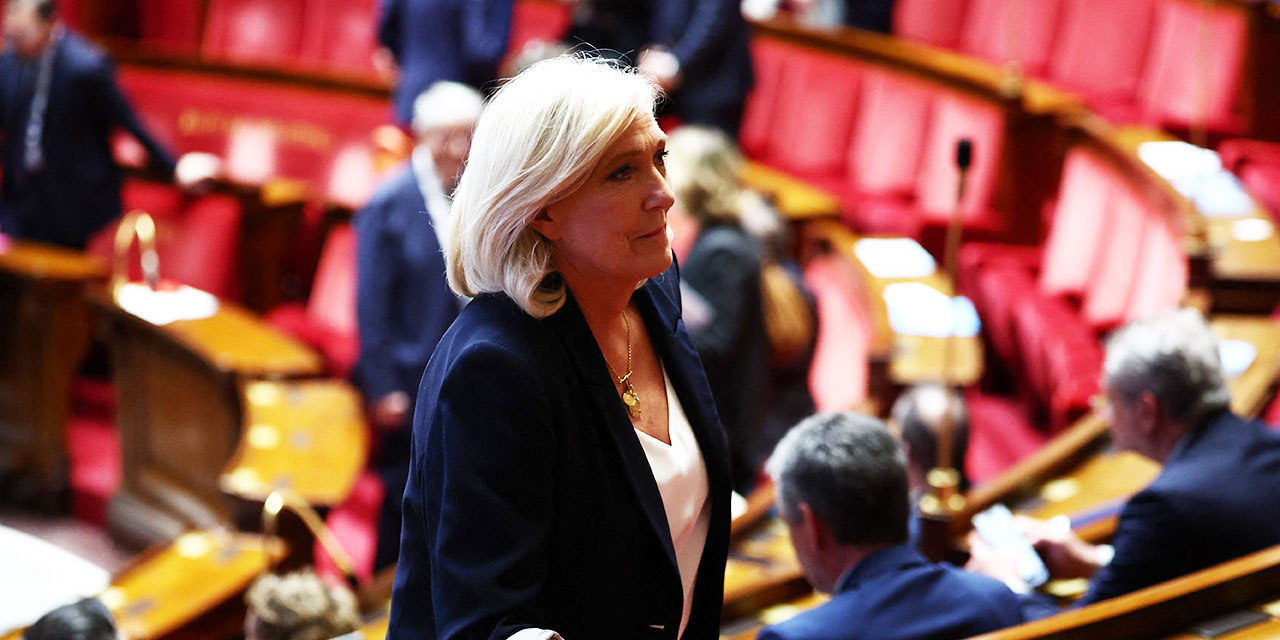No one in Europe has the faintest idea how to react—at least within the bounds of decency—to the alarming propensity of young Muslim citizens to become partisans of violence and terrorism. There is a tendency to think of “radicalization” as a kind of disease, one that will appear in the next edition of the Diagnostic and Statistical Manual of the American Psychiatric Association, thus offering the hope of some technical procedure—pills, perhaps, or psychosurgery?—that will cure it.
The French authorities have opened five small, special penitentiaries for young radical Muslims found guilty of terror-related crimes. The idea is to prevent them from proselytizing in larger prisons, where as many as 70 percent of the inmates are Muslim. The danger is that a group of like-minded extremists will hatch new schemes of devastation to carry out when they are released.
In one of these special prisons last week, a man called Bilal Taghi used a homemade knife to attack a guard. Taghi stabbed the guard nine times in a few seconds, then attacked another guard, injuring him less severely. Taghi came from a family of extremists. His youngest brother was forbidden to leave the country when he was 14 because he wanted to fight for jihadis in Syria. Two other brothers succeeded in reaching Syria for the same purpose; one has probably been killed and the other definitely so. Taghi, who was arrested trying to reach Syria himself, said that his intention was to find the brother who might not yet have been killed and induce him to come home to France.
Taghi was sentenced to five years’ imprisonment and sent to one of the small prisons for terrorists. On September 4, he was called out of his cell to go to the exercise yard. He carried a towel with him, which was not allowed. A guard called him back. Taghi drew the knife from under the towel and attacked the guard. He later said that he didn’t feel it necessary to wait until he was in Syria to kill unbelievers.
What worries the authorities is the possibility that Taghi acted with the knowledge of his fellow prisoners, none of whom tried to stop him or raised an alarm, and who spoke to him afterward as if he had done nothing. The general secretary of one of the unions of French prison guards suggested that the only safe way to deal with imprisoned or would-be terrorists is to incarcerate them in small prisons, but to isolate them completely from one another. This, in effect, would be a return to the old Victorian silent system, in which prisoners were allowed no contact with one another.
Is Islamic extremism a disease, whose ideas (if they deserve to be called such) are like infectious agents? Should those infected be treated in isolation hospitals in the hope that the disease will burn itself out? Prevention is better than cure, of course, but what is the vaccine that immunizes people against this particular disease?
Photo by Christopher Furlong/Getty Images





